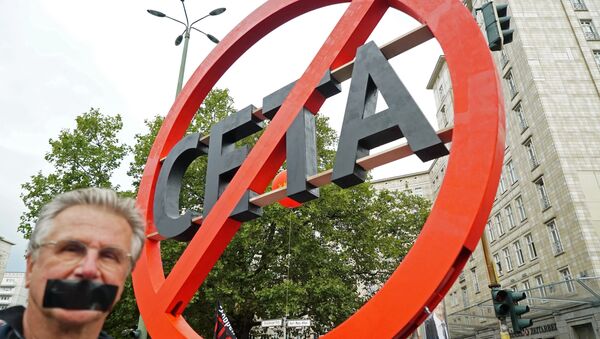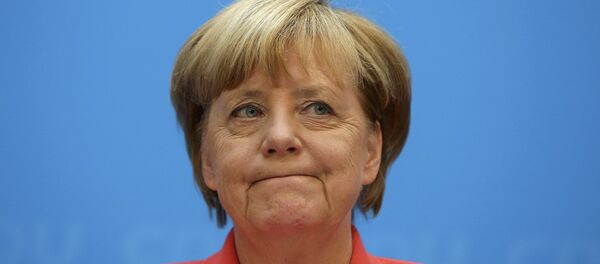"CETA remains a top priority for Canada. The Minister [International Trade Minister Chrystia Freeland] is actively engaged with her European counterparts, and has twice been to Belgium for meetings with national leaders, including the Deputy Prime Minister and Minister of Foreign Affairs," the spokesperson said, commenting on the impact of the upcoming debate in the Walloon government on the CETA conclusion.
Belgium’s federal government must get the endorsement from the three country's regions in order to sanction the deal.
Andre Antoine, the president of the Walloon regional parliament, is skeptical about the EU-Canada free trade agreement and said Tuesday he hoped "that the negotiators would have at least tried to find some improvements, some corrections for Belgium," but that "has not happened."
In April, the parliament of Wallonia pushed through a resolution requesting the regional authorities not to grant full powers to the Belgian federal government to seal the CETA deal, sparking concerns that it is set to block the signing of the free trade accord.
Lawmakers in the French-speaking region see CETA as a threat to public services and farmers.
The EU-Canada summit, where CETA is expected to be signed, will take place on October 27-28 in Brussels.
At the moment, Canadian Parliamentary Secretary to the Minister of International Trade David Lametti is visiting Europe to further boost the deal.
Brussels and Ottawa made a political agreement on the CETA in 2013. According to estimates by the European Commission, a free trade area between the European Union and Canada will remove nearly 99 percent of customs fees. The deal also includes increased quotas for European dairy products and Canadian meat. Experts estimate that the deal will result in a 25.7 billion euros ($28.7 billion) increase in mutual trade.



